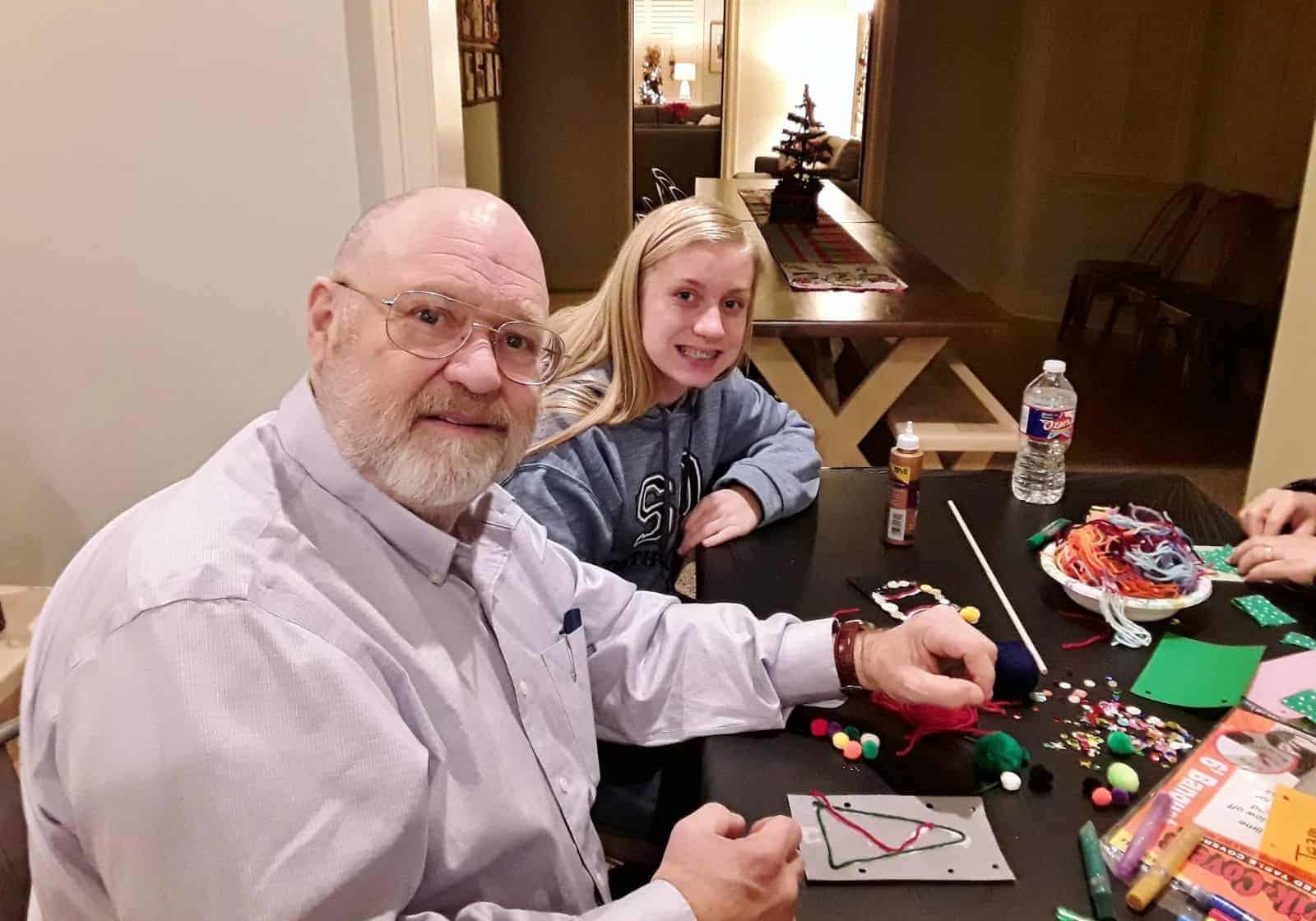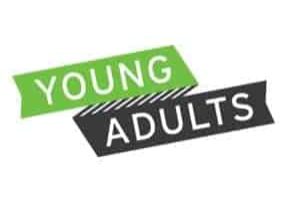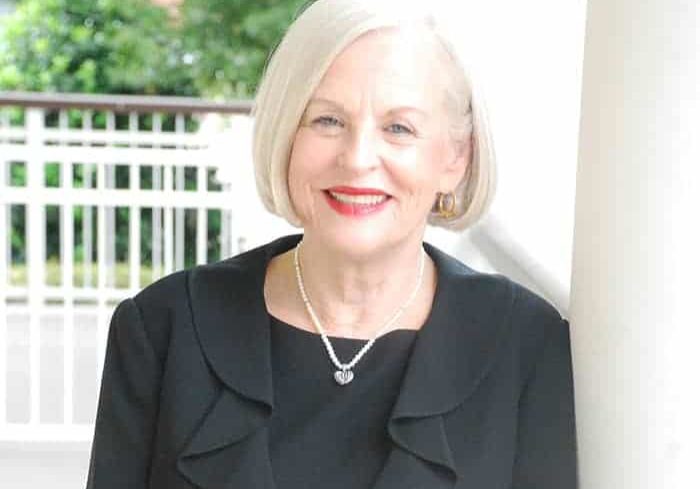
Anger and anxiety are subjects that often come up in our support groups here at The WARM Place. Anger is a very useful emotion. Anger tells us when our value system has been violated, when something is just not right in our life and needs attention. Anger has energy that needs somewhere to go. Unexpressed anger can lead to depression. So anger needs to be expressed in an appropriate way that respects the offender and the victim, both.
Anxiety and fear are also uncomfortable feelings that give us a lot of information. Anxiety tells me that I am afraid. When I am afraid, I know that I need one of two things: information or protection. When I am concerned that something could happen to my child because I have already experienced the death of someone close, I want to protect them. What I need to do is find ways to protect my child that does not smother them, that still leaves them free for some self-expression. Information can also be important. I want to know that my child or my loved one is safe. So having them check in with me on occasion can give me the reassuring information I need.
We also talk about being afraid that something could happen to me and that those I care about would not be taken care of. It is a useful piece of information to know that if something would happen to me that I cannot be replaced. My relationship with my loved ones is as unique as I am. So to protect my loved ones by supposing that I should find a replacement just like me is not realistic. I need to have a plan in place to reassure my child or loved one that if something happened to me they would be taken care of. Having a conversation with your child or loved one to let them know what plan would be in place can be important for their peace of mind.
You will notice that we are advocating an appropriate expression of these feelings that we often have when somebody dies. By appropriately expressing your grief you are modeling an appropriate expression for your children’s feelings. We often want to be strong for our children. It is the hardest thing for a parent to see their child hurting. But children take their cues from their parents. If you hold your feelings in, your children will learn to hold in theirs. If you express your anger aggressively, your children will learn to aggressively express their anger. In dealing with these uncomfortable feelings of anger and fear, we keep our children in the loop. We model an appropriate expression of grief for our children. It takes a strong person to share one’s emotions appropriately.
When we hold in our uncomfortable feelings, we learn to hold in other feelings as well. We can become stuck in our grief. Instead we want to become fluid in expressing all our emotions, not just the uncomfortable ones. Learning to express our feelings leads to a more appropriate expression of joy and happiness, also. Our children become well-adjusted and able to cope with their world. We don’t “fix” the world for them. We show them how living is really done. We let them share in our life as we share in theirs.
Kathy Telger and Donna DeGrand, Counselors



